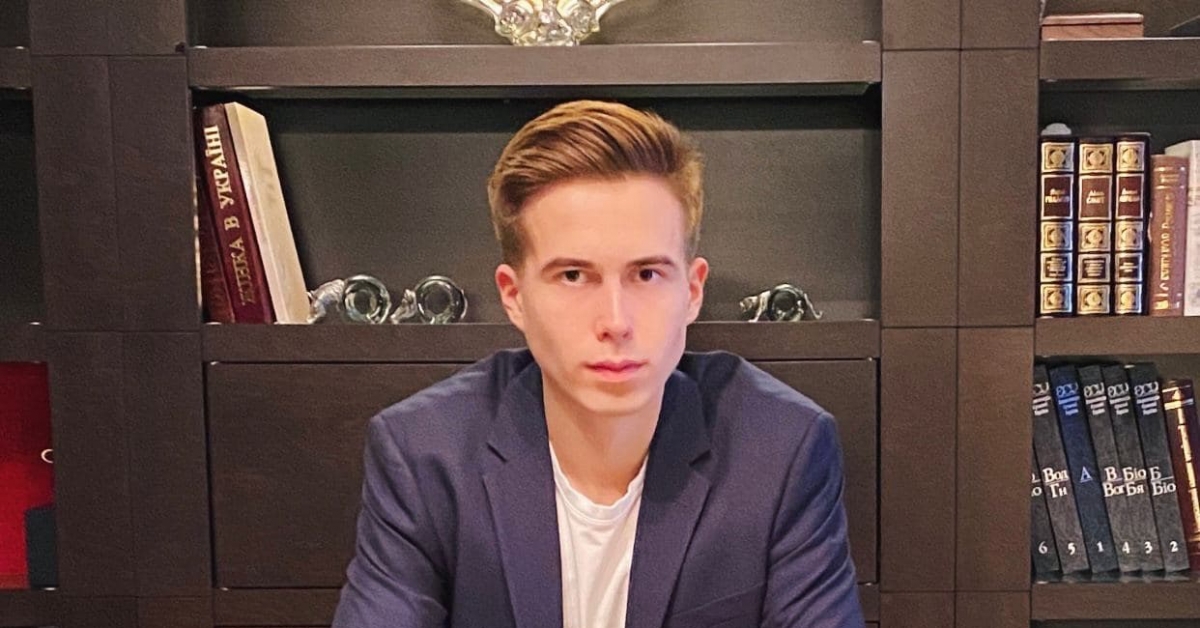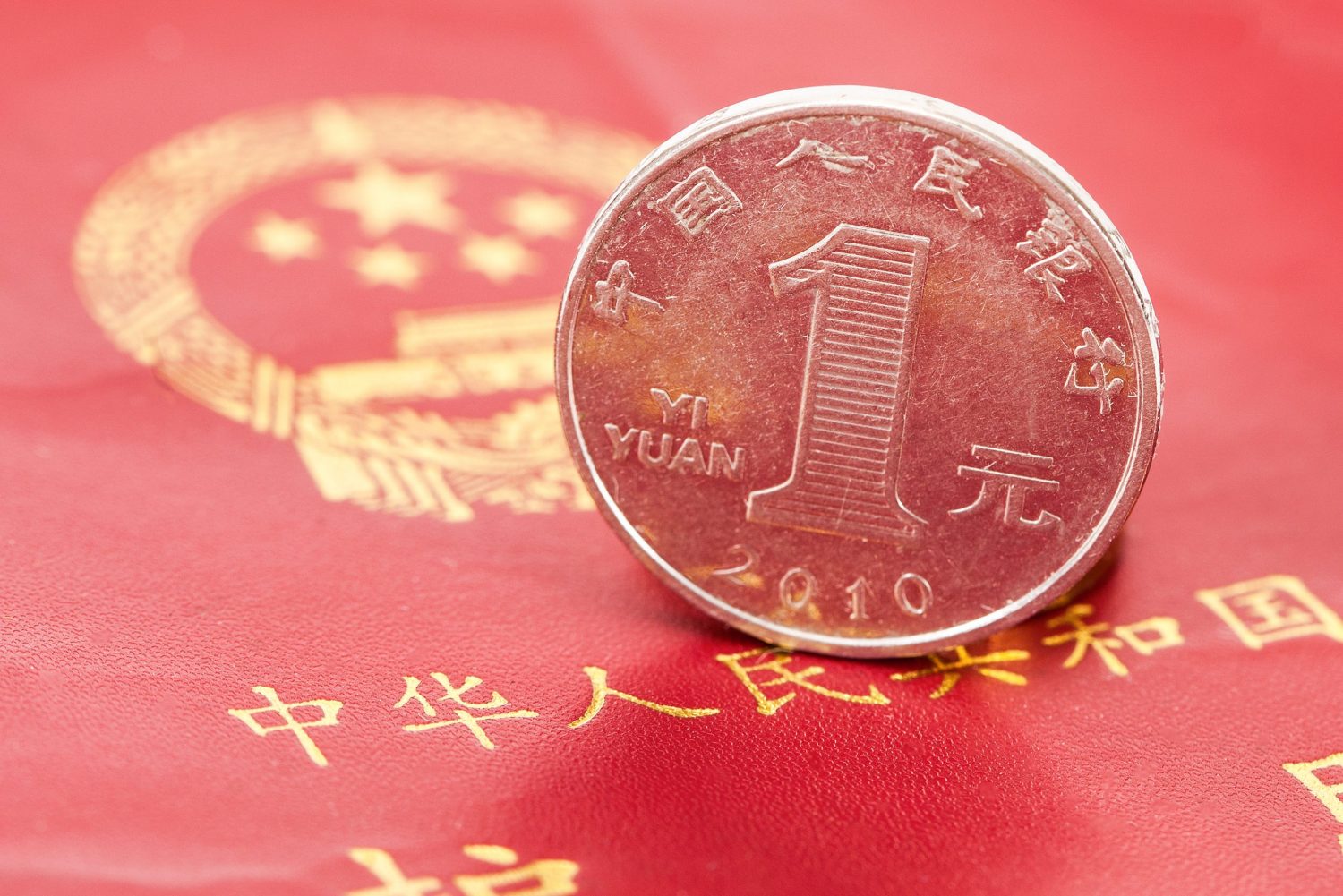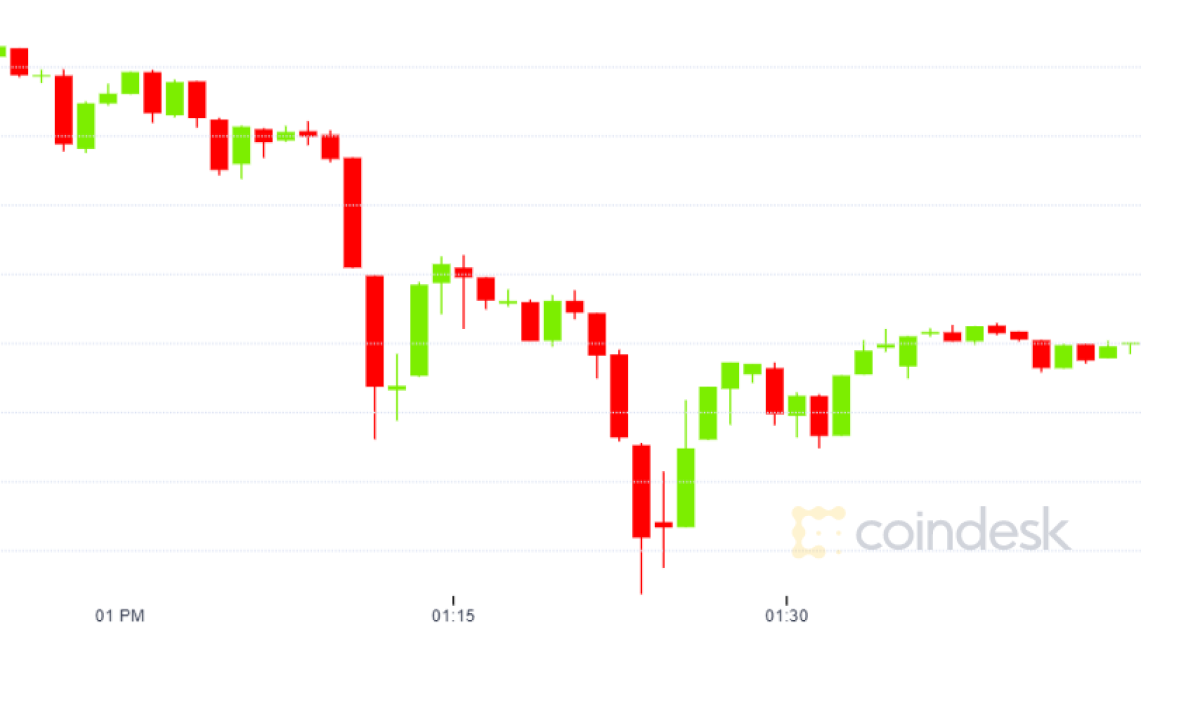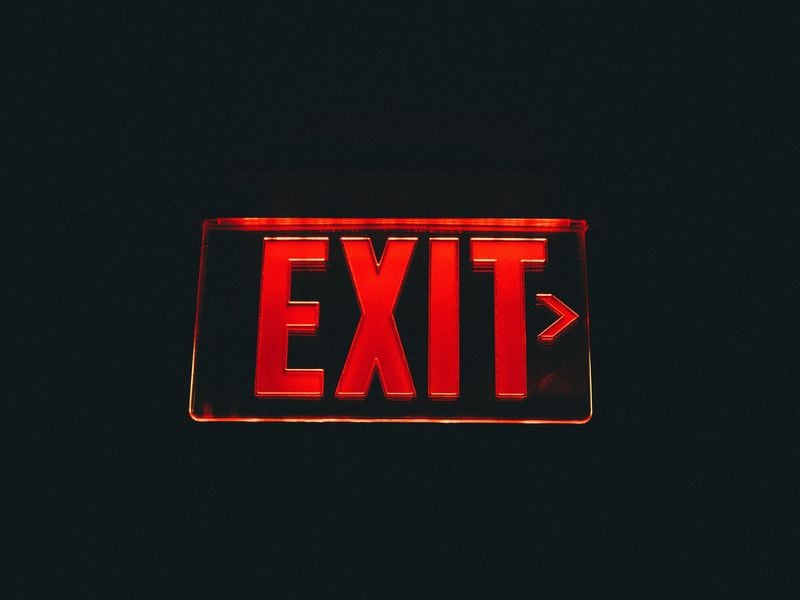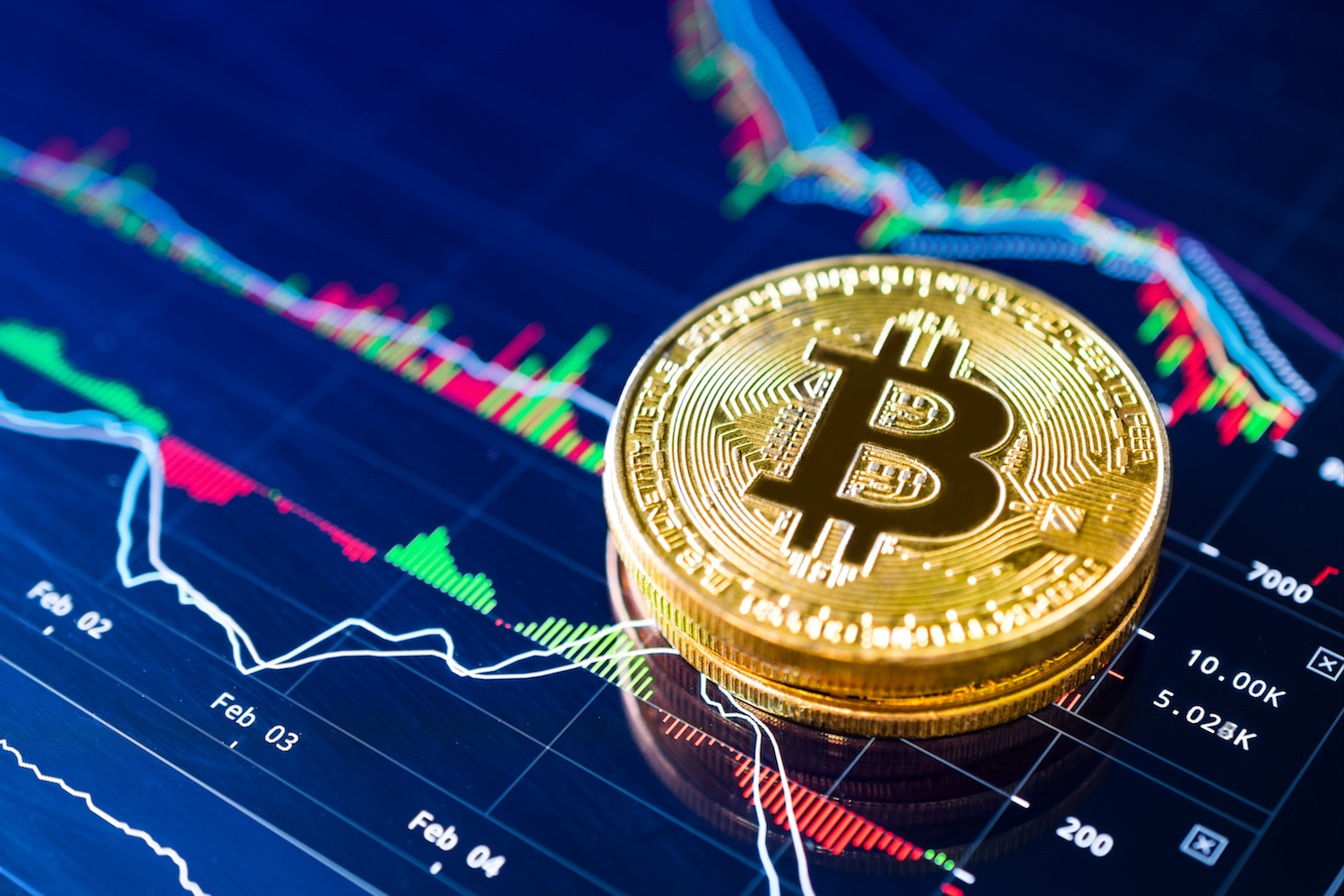Bitcoin Not a Safe Haven From Geopolitical Risks, But Still Buy the Dip: Standard Chartered
-
Bitcoin is likely to weaken below $60K, but investors should buy the dip, the report said.
-
Standard Chartered said that the digital asset is not a safe haven against geopolitical risk.
-
The bank wrote that bitcoin is a hedge against traditional financial issues.

00:57
Is Bitcoin Losing Its Bullish Momentum?

01:53
U.S. Adds 206K Jobs in June; Mt. Gox Begins Repayments in Bitcoin and Bitcoin Cash

45:11
Bitcoin’s Price Is Way Up. And $48 Trillion in Wealth Just Got Access

08:42
Bitcoin Ecosystem Developments in 2023 as BTC Hits Fresh 2023 High
Geopolitical risk related to the ongoing conflict in the Middle East will likely weigh on the bitcoin (BTC) price and push it below the $60,000 level before the weekend, still, the dip should be bought, investment bank Standard Chartered (STAN) said in emailed comments Thursday.
The world’s largest cryptocurrency is not a safe haven against geopolitical risks, the report said.
“Gold is a geopolitical hedge,” wrote Geoff Kendrick, global head of digital assets research at Standard Chartered, adding that “BTC is a hedge against TradFi issues such as bank collapses or de-dollarisation/U.S. Treasury issues.”
The bank noted that geopolitical concerns depressed the bitcoin price while at the same time increasing Donald Trump’s odds of winning the U.S. election in November, “which improves BTC’s post-election probabilities.”
Options market activity also supports this view, with open interest for the bitcoin December expiry at 80,000 jumping in recent days, the report noted.
Bitget Research echoed this positive sentiment. “Despite the general downturn, institutional investors continue to buy digital currency at a rate at par or higher than the quantity mined daily,” said Ryan Lee, chief analyst of Bitget Research, in emailed comments.
Bitcoin was trading around $60,500 at publication time, falling about 0.4% on the day, while broader crypto market index CoinDesk 20 (CD20) fell 5.5%.
Edited by Aoyon Ashraf.

